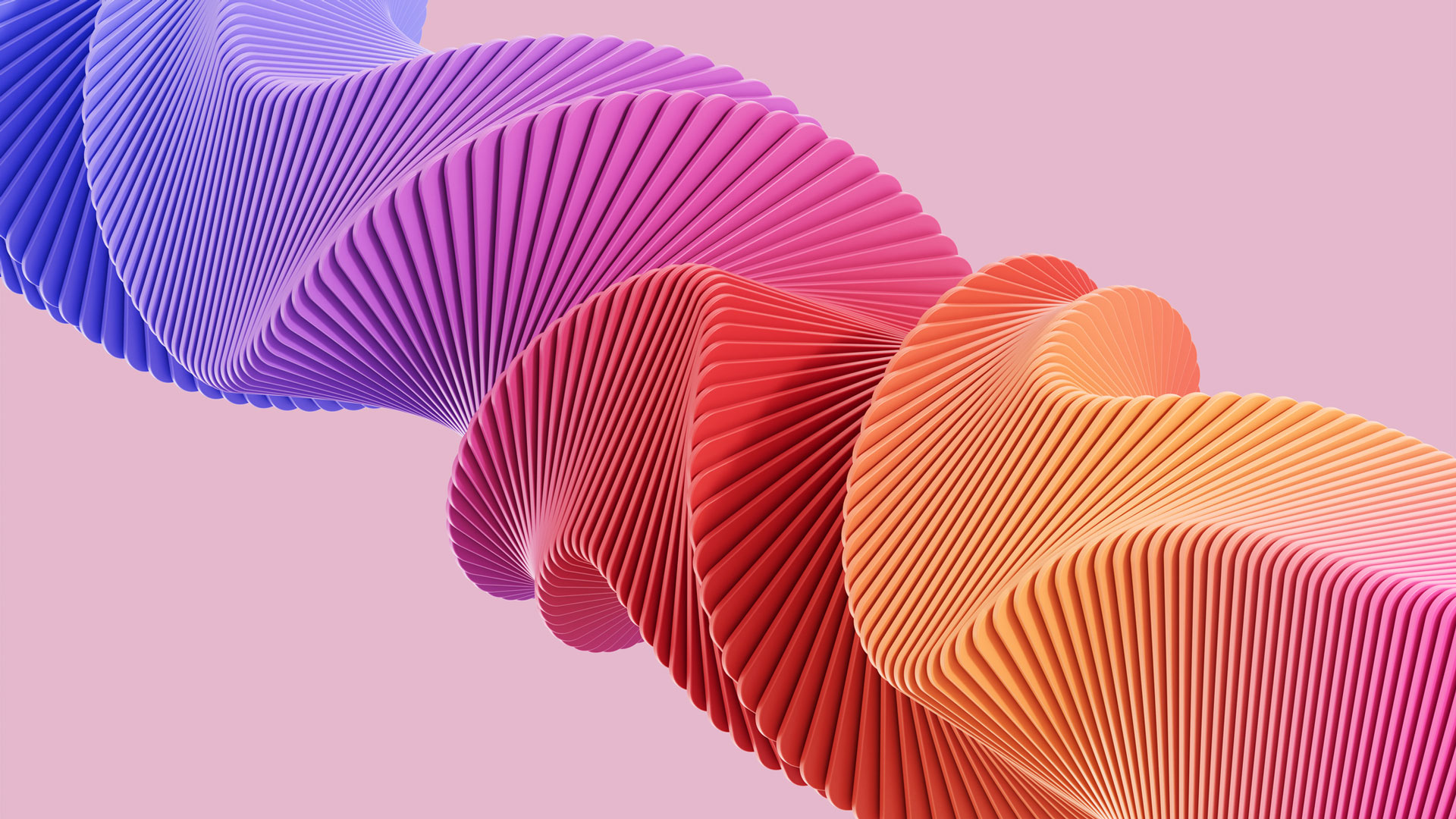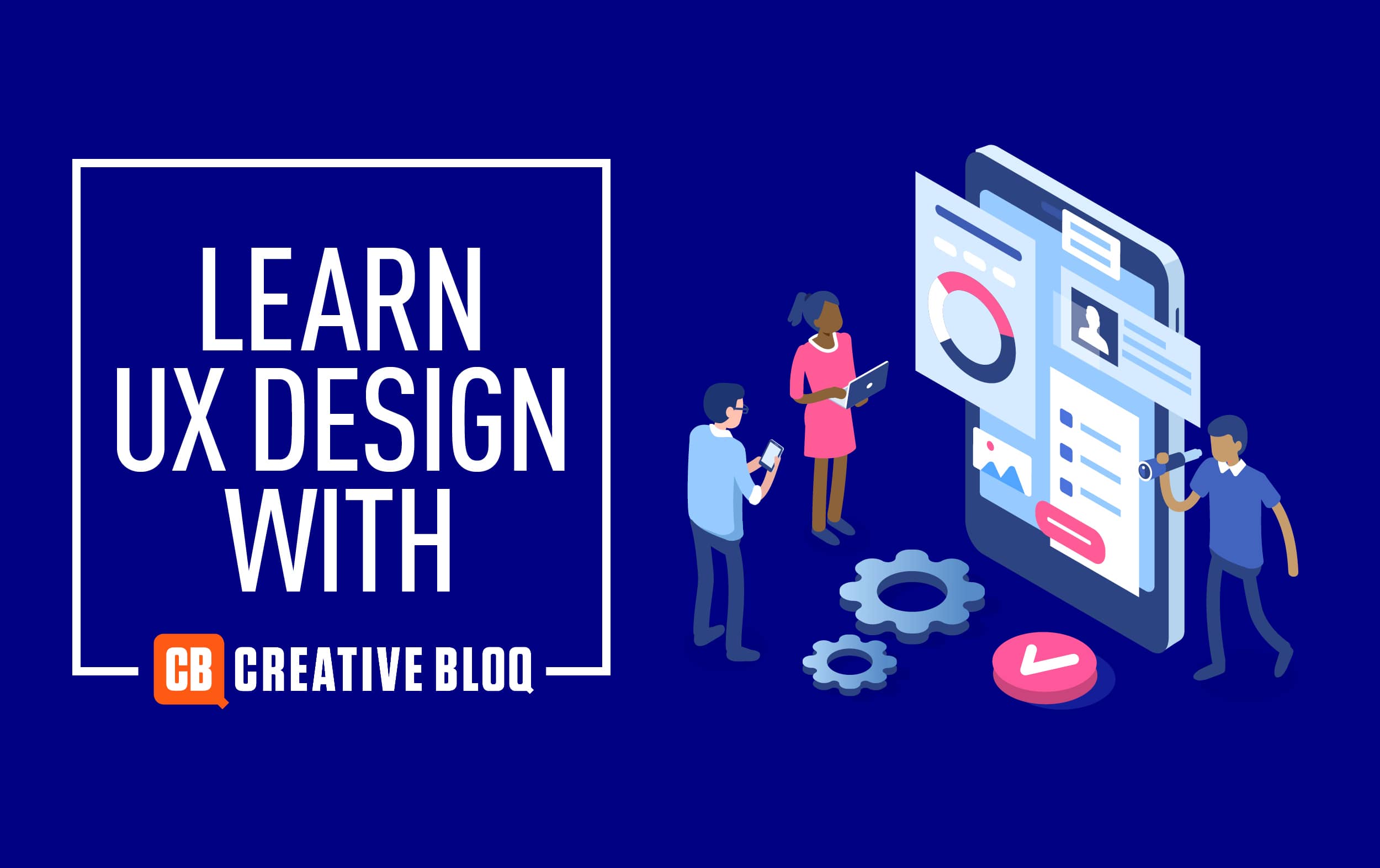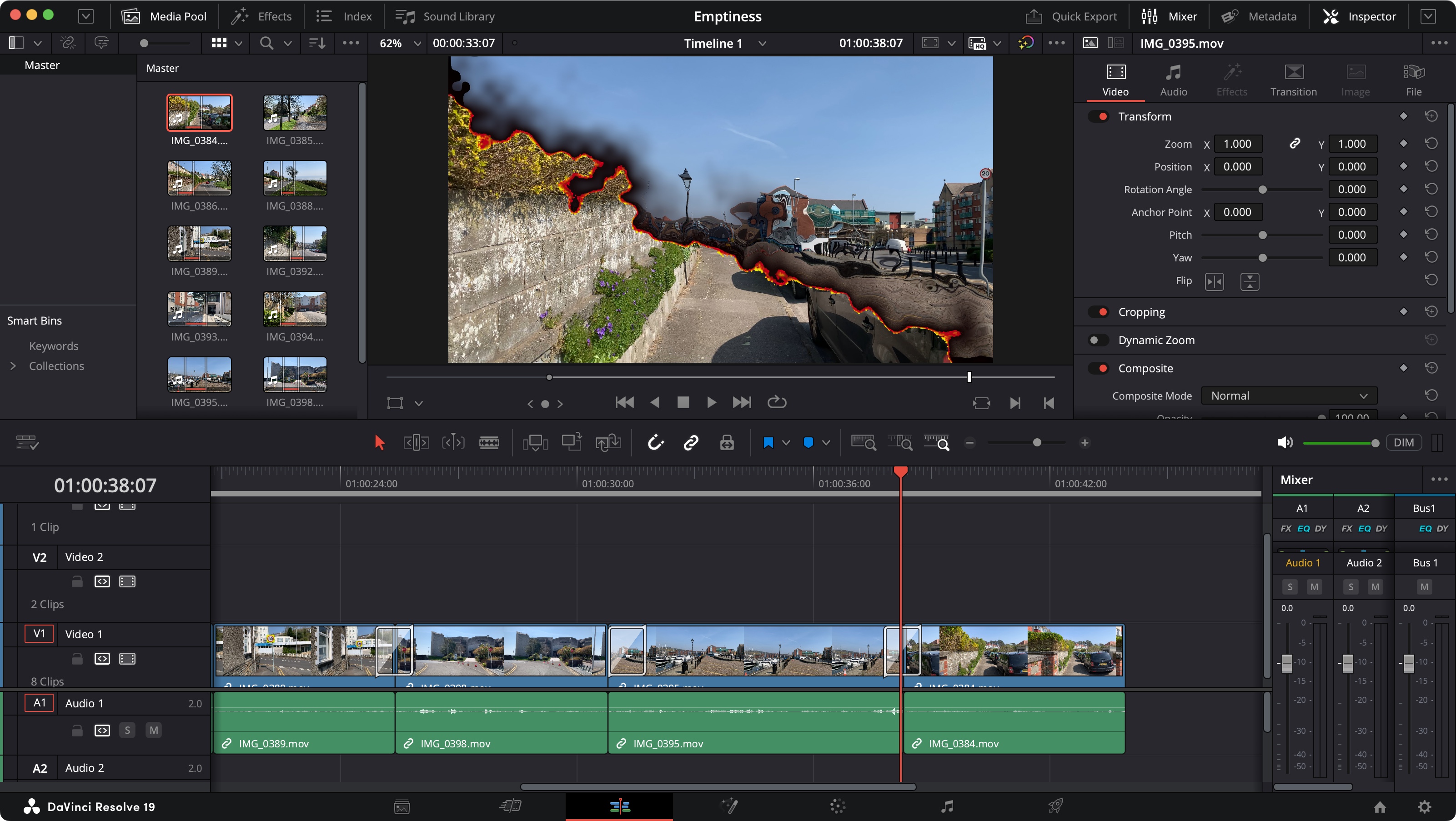6 ways AI is changing web design
From chatbots to user experience, AI is having a profound impact on the web.

In today's fast-paced digital landscape, the future of web design is unfolding with unprecedented speed, and at the heart of this transformation lies Artificial Intelligence (AI). With its limitless potential, AI has become an indispensable technology reshaping how websites are created and experienced.
From streamlining design processes to enhancing user experience, AI is revolutionising web development like never before. It's also making waves in the world of graphic design, see our how AI is changing graphic design piece for more on that.
According to HubSpot Blogs research, 93% of web designers have used AI technology to assist with web design or a design-related task in the last three months. Here, we'll explore how AI is changing web design, empowering designers and developers to craft more intuitive, engaging and personalised online experiences.
01. Streamlining web management
The digital world increasingly relies on faster, more accurate, and cost-effective online business solutions. This is where AI shines brightly. AI applications allow designers and developers to streamline website management tasks and cater to their target users' needs with increased precision. By leveraging AI, web developers can create visually appealing websites and provide visitors with a rich and personalised online experience.
02. The rise of artificial design intelligence (ADI) systems
Traditionally, web design demanded significant creativity and effort. However, AI has paved the way for artificial design intelligence (ADI) systems that have revolutionised website design. By combining AI applications with web design, designers can create modern-looking, customised websites that cater to specific project requirements, business activities, or individual preferences.
Leading tech companies like Adobe, Wix, Squarespace, and more are embracing AI to transform web design into a more intuitive and efficient process. AI applications like Uizard allow designers and developers to transform sketches into usable UIs, streamlining the design process.
03. Enhancing user experience
One of the most significant impacts of AI in web design lies in improving user experience (UX). AI-powered chatbots have become fixtures on websites and applications, providing meaningful conversations and generating better user engagement. By incorporating advanced natural language processing (NLP) systems, chatbots offer personalised and interactive experiences, redefining human-machine interaction and creating more human-like responses for each user's queries.
Get the Creative Bloq Newsletter
Daily design news, reviews, how-tos and more, as picked by the editors.
04. Optimising user interface
AI's adaptive capabilities have profoundly impacted user interface (UI) design. Deep learning and adaptive AI enable web development platforms like Wix to create unique and customised design interfaces that evolve with users' preferences and interactions. This dynamic approach allows businesses to provide a more tailored and engaging experience, fostering stronger merchant-customer relationships and improving overall user satisfaction.
05. Recommendation and optimisation tools

AI-driven product recommendation solutions have become instrumental in influencing customer purchase decisions. These tools analyse customer interactions and searches to provide valuable insights and suggestions, enhancing the shopping experience. Notable examples include Netflix, where AI-powered recommendations drive a significant portion of streaming choices, ultimately improving customer satisfaction and retention.
06. AI as a web design diagnostic tool
AI's impact on web design extends beyond aesthetics and serves as a precision diagnostic tool. AI-powered analytics tools assess the quality of designs in real-time, providing actionable insights for continuous improvement. By eliminating the need for extensive A/B testing, AI streamlines the design process and enhances website performance, saving valuable time and resources.
The future of web design
As AI continues to evolve and expand its capabilities, the future of web design holds unparalleled potential. From personalised user experiences to more intelligent, more efficient design processes, AI is changing how websites are created and interacted with.
The fusion of human creativity with AI-driven insights promises a digital landscape that is more intuitive, engaging, and tailored to individual preferences. Embracing AI in web design will undoubtedly redefine the boundaries of innovation, empowering businesses to stay competitive and deliver exceptional online experiences to their users. As we move forward, the seamless integration of AI into web development will be the driving force behind a new era of digital transformation.

Want to learn more about web design? Discover the world of UX with our UX Design Foundations course.

Thank you for reading 5 articles this month* Join now for unlimited access
Enjoy your first month for just £1 / $1 / €1
*Read 5 free articles per month without a subscription

Join now for unlimited access
Try first month for just £1 / $1 / €1
Francesca is head of digital at EPM Agency. She designs and delivers excellent, intuitive journeys for customers. She is focused on putting the user at the heart of the experience and is led by research and data of user behaviours; constantly iterating to improve the customer journey.

